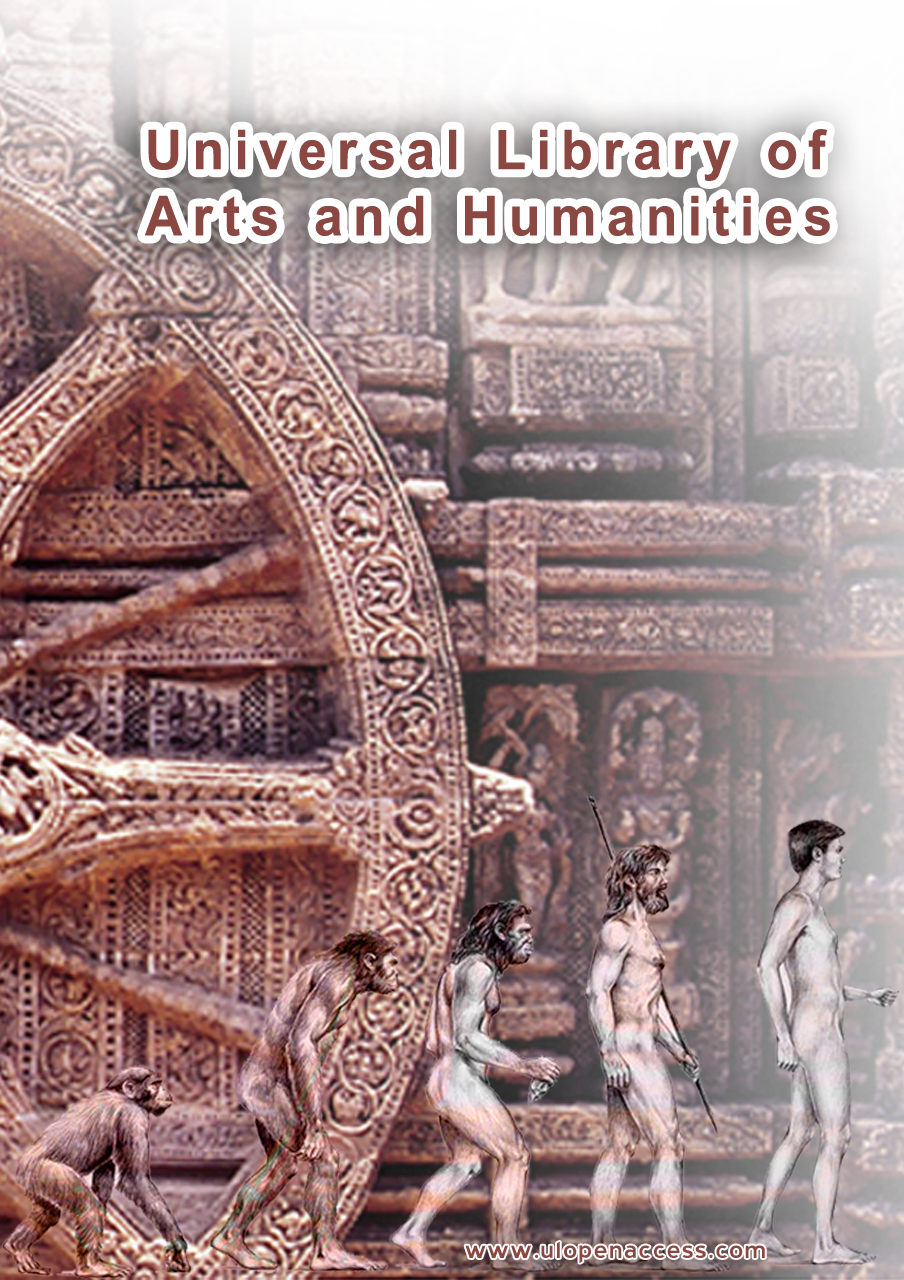A Philosophical Approach to Intersectionality and Women’s SexualityDr. Ogochukwu Agatha Okpokwasili Citation: Dr. Ogochukwu Agatha Okpokwasili, "A Philosophical Approach to Intersectionality and Women’s Sexuality", Universal Library of Arts and Humanities, Volume 01, Issue 01. Copyright: This is an open access article distributed under the Creative Commons Attribution License, which permits unrestricted use, distribution, and reproduction in any medium, provided the original work is properly cited. AbstractThis article explores the intersectionality of women’s sexuality, acknowledging the multifaceted nature of their experiences and identities. Drawing upon the theoretical framework of intersectionality, which recognizes the interconnectedness of social identities such as gender, race, class, and sexuality, this study delves into the ways in which these intersecting factors shape women’s sexual lives. By examining the intricate interplay between various axes of oppression and privilege, a more comprehensive understanding of women’s diverse sexual experiences emerges. The article using the philosophical method of analysis which has to do with in-depth breaking down of concepts for easy understanding, begins by providing an introduction to intersectionality as a powerful analytical tool, highlighting its relevance in unraveling the complexities of women’s sexuality. It emphasizes that women’s sexual experiences cannot be examined in isolation but must be understood within the broader context of intersecting identities and social structures. By acknowledging and examining the intricate interplay between gender, race, class, sexuality, and ability, this article aims to foster a more inclusive and comprehensive understanding of women’s sexuality. It concludes by calling for further research, dialogue, and activism to dismantle intersecting systems of oppression and to create a more equitable and empowering environment for all women. Keywords: Philosophy, Women’s Sexuality, Intersectionality, Gender Identity, Culture Download |
|---|

